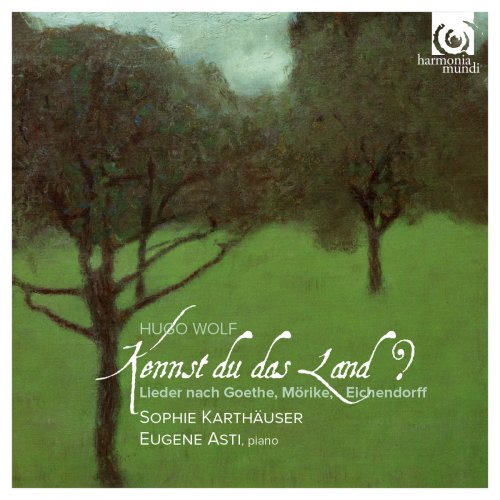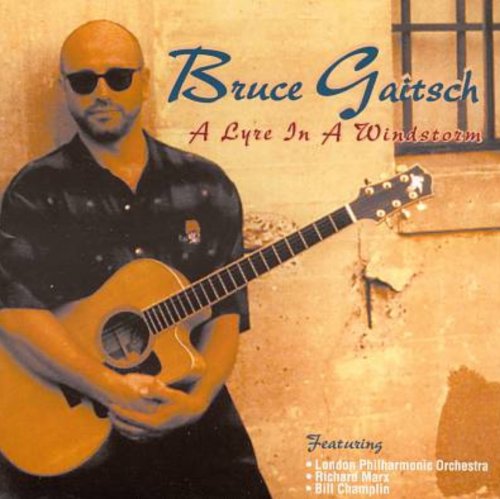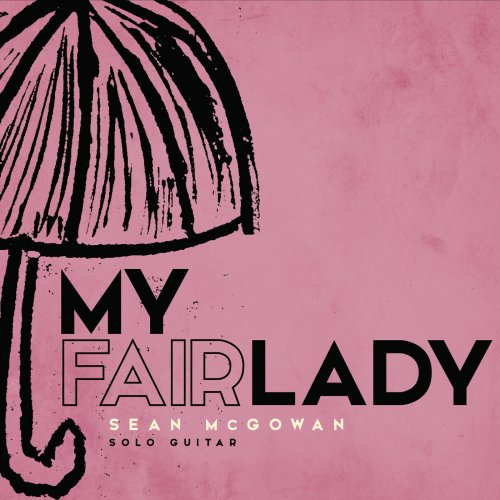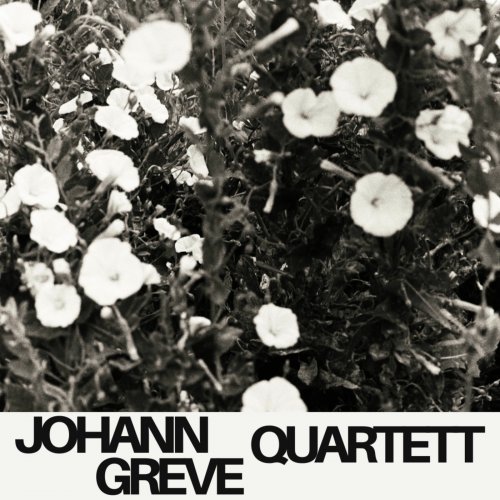Sophie Karthäuser & Eugene Asti - Wolf: Kennst du das Land (2016) [Hi-Res]

Artist: Sophie Karthäuser, Eugene Asti
Title: Wolf: Kennst du das Land
Year Of Release: 2016
Label: harmonia mundi
Genre: Classical
Quality: flac lossless / flac 24bits - 96.0kHz
Total Time: 01:00:20
Total Size: 250 / 1037 mb
WebSite: Album Preview
TracklistTitle: Wolf: Kennst du das Land
Year Of Release: 2016
Label: harmonia mundi
Genre: Classical
Quality: flac lossless / flac 24bits - 96.0kHz
Total Time: 01:00:20
Total Size: 250 / 1037 mb
WebSite: Album Preview
---------
01. Goethe Lieder, Mignon I: Heiß mich nicht reden
02. Goethe Lieder, Mignon II: Nur wer die Sehnsucht kennt, weiß , was ich leide!
03. Goethe Lieder, Mignon III: So lasst mich scheinen, bis ich werde
04. 6 Lieder für eine Frauenstimme: 6. Mausefallensprüchlein
05. Mörike-Lieder, Heft I: 7. Das verlassene Mägdelein
06. Mörike Lieder, Heft IV: 45. Nixe Binsefuß
07. Goethe-Lieder: 24. Blumengruß
08. Goethe-Lieder: 28. Frühling über's Jahr
09. Goethe-Lieder: 29. Anakreons Grab
10. Goethe Lieder, Mignon: Kennst du das Land, wo die Zitronen blühn?
11. Mörike Lieder, Heft II: 1. Im Frühling
12. Mörike Lieder, Heft IV: 51. Bei einer Trauung
13. Mörike Lieder, Heft II: 14. Agnes
14. Mörike Lieder, Heft II: 16. Elfenlied
15. Goethe-Lieder: 26. Die spröde
16. Goethe-Lieder: 27. Die Bekehrte
17. Verschwiegene Liebe
18. Mörike-Lieder, Heft I: 2. Der Knabe und das Immlein
19. Mörike-Lieder, Heft I: 3. Ein Stündlein wohl vor Tag
20. Mörike-Lieder, Heft I: 6. Er ist's
21. Mörike-Lieder, Heft I: 11. An eine Äolsharfe
22. Mörike Lieder, Heft IV: 42. Erstes Liebeslied eines Mädchens
23. 6 Lieder für eine Frauenstimme: 4. Wiegenlied im Sommer
The brief period between 1888 and 1897, between the great cycles devoted to single poets and the songs on sonnets of Michelangelo, saw Wolf at the zenith of his creativity. That period saw the genesis of the songs later published in anthologies after Mörike, Eichendorff and Goethe. Although even the early songs before 1888 reveal no arbitrariness in the choice of texts, it is this concentration on individual literary figures that characterises the highpoint of Wolf’s output. Their names resound in the ears of all who love German Romantic literature and are familiar with its transposition into the world of the lied. While Schubert often mined an unexpected vein of poetry in lesser authors, his distant successor Hugo Wolf drank at the source of these giants. Wolf was undoubtedly a virtuoso in the art of making audible the huge dimension of what remains unsaid, though implied. Perhaps he had only one true peer: his former Viennese fellow student Gustav Mahler.
Belgian soprano Sophie Karthäuser studied with Noelle Barker at the Guildhall School of Music and Drama in London. She is now in great demand, especially as a Mozart singer. She sang her first Pamina (Die Zauberflöte) under René Jacobs and her first Susanna (Le nozze di Figaro) under William Christie. Since winning the Audience Prize at the Wigmore Hall Song Contest she has developed an acclaimed career as a recitalist, enjoying a particularly close artistic partnership with the distinguished American pianist Eugene Asti.

![Jake Baxendale - Gardening Music, Volume 1 (2025) [Hi-Res] Jake Baxendale - Gardening Music, Volume 1 (2025) [Hi-Res]](https://img.israbox.com/img/2026-01/12/h1xq4dp1lh5mal47e7fhs2e8t.jpg)





![Milad Dehghan - Invitation (فراخوان) (2026) [Hi-Res] Milad Dehghan - Invitation (فراخوان) (2026) [Hi-Res]](https://www.dibpic.com/uploads/posts/2026-01/1768488558_cover.jpg)
![Ace Cannon, Al Hirt - All-Time Country Greats (2026) [Hi-Res] Ace Cannon, Al Hirt - All-Time Country Greats (2026) [Hi-Res]](https://www.dibpic.com/uploads/posts/2026-01/1768282614_vbvfrlr9maemj_600.jpg)